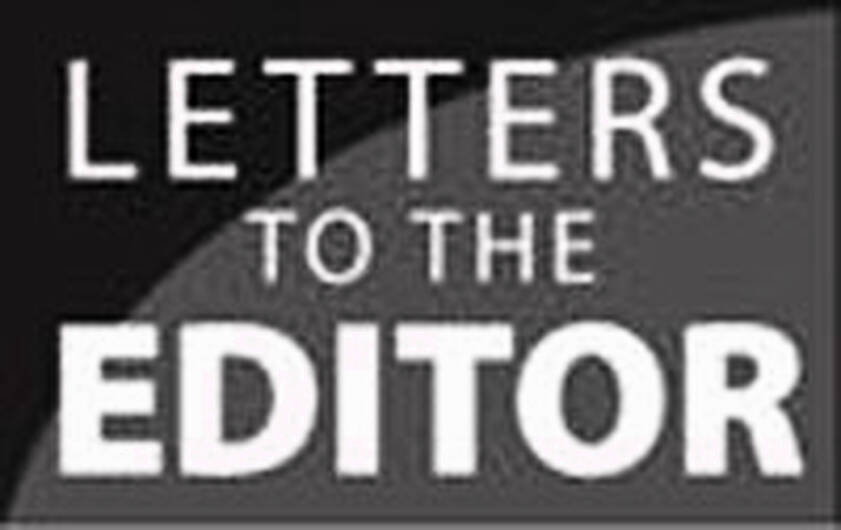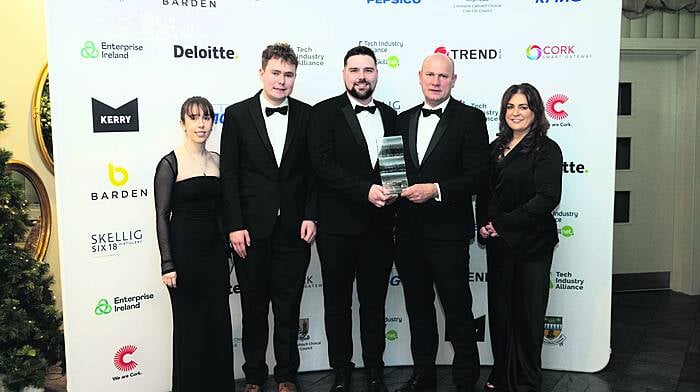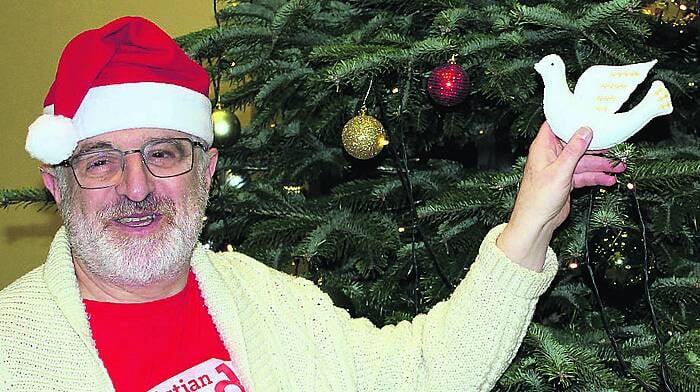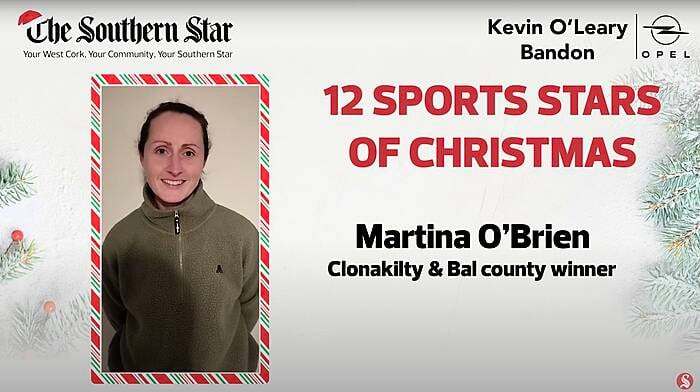Sir – Eve Morrison repeats her demand that Meda Ryan, a historian, give her interview notes to a public archive (Southern Star, 27 July 2017).
Sir – Eve Morrison repeats her demand that Meda Ryan, a historian, give her interview notes to a public archive (Southern Star, 27 July 2017).
Why this fixation on Ryan's research? Should all historians do likewise?
Is Morrison's demand a form of quid pro quo for criticism of Peter Hart's use of anonymous interviews and the confusion his doctoral decision (agreed by TCD) produced?
Is it also because of the request that the so-called ‘Chisholm tapes', that Peter Hart misreported and censored in The IRA and its Enemies, be placed in a public archive? If so, I would like to explain why Morrison's demand is misconceived.
The recordings in question might perhaps also be termed the ‘Deasy tapes'. Liam Deasy made them, with the late Fr John Chisholm's assistance, as research material for Deasy's 1973 book, Toward Ireland Free.
Before she died, Liam Deasy's eldest daughter Maureen, who typed the 1973 manuscript, requested in writing, both privately (2009) and publicly (2013) that the tapes be given to UCC.
Maureen Deasy made her request because she thought Chisholm an unreliable custodian. Her concerns were evidentially based.
For example, Fr Chisholm agreed to let TV programme maker Jerry O'Callaghan listen to all eight tapes, as research for the 2011 TG4 documentary Scéal Tom Barry (‘The Tom Barry Story').
O'Callaghan then attended an October 2011 Eve Morrison talk in TCD, at which some of the Chisholm material was played back. He was surprised to hear, for the first time, Kilmichael veteran Ned Young's voice on one recording. Chisholm, who was there too, said that when he allowed O'Callaghan to listen he had ‘lost' and forgotten that ninth tape, but remembered and ‘found' the recording when Morrison came looking. Whereas O'Callaghan had to sit and listen, while constructing a transcript, Eve Morrison was fortunate in being given the actual recordings.
Even more surprised by this development was Ned Young's son John, who previously had asked Chisholm for a copy of recordings of his father. Chisholm wrote to John Young in 2008, ‘I greatly regret having to inform you that I have no recording of an interview with your father, though I remember him with affection as a man of real character.'
Maureen Deasy observed in History Ireland in 2013:
‘I am not in good health. It is my fervent wish that Fr Chisholm make a thorough search for all material belonging to my father which he may also have mislaid, and that the material be given to UCC for use by researchers. This scandalous situation has to end and can only end with full disclosure of the tapes and their contents.'
Not unreasonably, in 2012 the UCC historian John Borgonovo suggested that Chisholm had ‘polluted this evidential well'. The only rational acceptable solution to the mess Chisholm created was, as Maureen Deasy suggested, that the material be placed in a public archive.
 It is a welcome development that Eve Morrison intends, finally, to make this happen, at some future date. TCD is an acceptable choice if access is open (with usual procedures). Since UCC was the last recorded wish of the late Maureen Deasy, perhaps TCD should consider giving UCC copies of the recordings, in the spirit of all modern collaborative research, and in light of UCC's commendable efforts in this context.
Separately, I note that Morrison has not responded to the point that, while Peter Hart may have spoken to him, William Chambers was probably not Peter Hart's mystery interviewee on 19th November 1989 (six days after Ned Young, the last surviving Kilmichael Ambush participant, died). Not for the first time, Morrison fails to acknowledge something I first noted, that Chambers could not have seen and heard events at the Ambush, that took place 15 kilometres from where he claimed he then stood (on Enniskeane bridge).Since the 19 November 1989 interviewee described what he saw at the ambush, as yet undiscovered evidence can never ‘resolve' that particular ‘contradiction', despite Morrison's suggestion. Unless Morrison has definitive undisclosed proof, it is not sensible to declare that Chambers was the mystery man. If proof is to hand, it would demonstrate that Peter Hart's Kilmichael Ambush chapter, in The IRA and its Enemies, is a shambles.
Yours sincerely,
Niall Meehan.
Faculty Head, JournalismÂ
& Media,Â
Griffith College Dublin.








